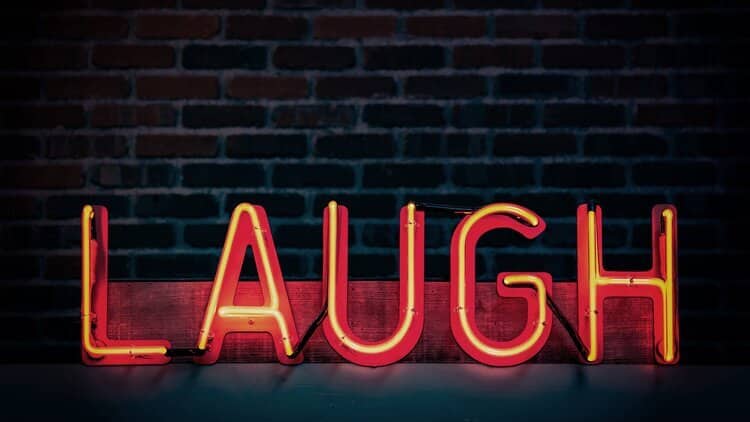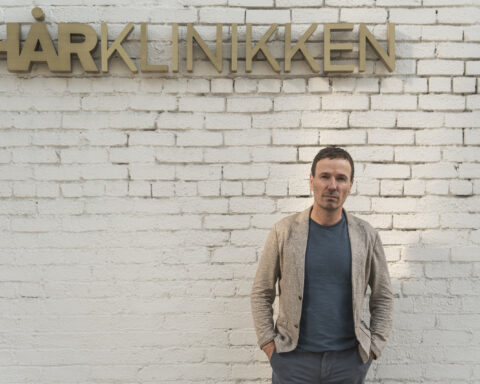The saying “laughter is the best medicine” is believed to have originated — albeit now in a snappier form —from Proverbs 17.22 of the King James Bible.
But it’s more than a proverb. The power of laughter has long been recognized by both medical and spiritual experts. It is believed to have predated speech by millions of years as a way for our early ancestors to share joy and tell others they are open to friendship and there is nothing to worry about.
In the 1300s, visionary French surgeon Henri de Mondeville, a professor of surgery, advised telling patients jokes after an operation. And Sigmund Freud, the father of psychoanalysis, identified the power of laughter and “gallows humor” to let go of stress in times of crisis. And plenty of medical and psychological research also supports the power of laughter.
At Mr Feelgood we hope to inspire, stimulate and inform — and to do so with some humor. So before we get on with the serious business of having a laugh, here are five reasons — backed by science — to prove why laughing makes s*** better.
IT WORKS LIKE A DRUG
Research has shown that laughter releases endorphins — a natural feelgood chemical — in the brain via opioid receptors. This process acts as a natural mood booster, similar to the euphoric feelings that are brought on by drugs — without the nasty comedown.
FORMS CONTAGIOUS SOCIAL BONDS
The pleasurable and calming effects of the endorphin release caused by laughter promote feelings of safety and togetherness, research has found. Prof Lauri Nummenmaa, of the University of Turku in Finland, and co-author of the 2017 study into how laughter effects the brain, says: “That endorphin release induced by social laughter may be an important pathway that supports formation, reinforcement, and maintenance of social bonds between humans.” So as well as making us feel better, laughter can also improve the wellbeing of those around us. Science and health expert David DiSalvo says: “It’s like a game of endorphin dominoes. That’s why when someone starts laughing, others will laugh even if they’re not sure what everyone is laughing about.” Another study found how the brain responds to the sound of laughter and preps the brain and face to join in the fun.
RELAXES THE BODY
A good, hearty laugh relieves physical tension and stress, leaving our muscles relaxed for up to 45 minutes after. It increases then decreases our heart rate and blood pressure, stimulates circulation and aids muscle relaxation.
CAN BOOST THE IMMUNE SYSTEM
Negative thoughts can manifest into chemical reactions that can affect our body by bringing more stress into our system and decreasing immunity. In contrast, positive thoughts can actually release neuropeptides that help fight stress and potentially more serious illnesses.
IT CAN EASE PAIN
Research has shown that watching comedy videos can decrease a hospital patients need for opioid painkillers. Viewing or participating in comedy led to higher pain tolerance and people who laughed more felt less pain later. Studies of opioid-blocking drugs have show that endorphin activity is tied to pain relief.
Even if we don’t feel like laughing, doctors say it is something we can learn and train ourselves to do. We can surround ourselves with funny people, watch funny films and TV, read funny books and play with our kids and let their natural joy rub off on us. And we should give ourselves a gentle push to crack a smile and join in the fun even if it doesn’t come naturally at first. Because it has been proven that embracing this powerful natural medicine can make our bodies and minds healthier and more relaxed.
So look out for the ‘Best Medicine’ tags on our homepage to find content intended to raise a smile.
And even if you don’t find our jokes funny, try to laugh at them anyway. It’s doctor’s orders.











